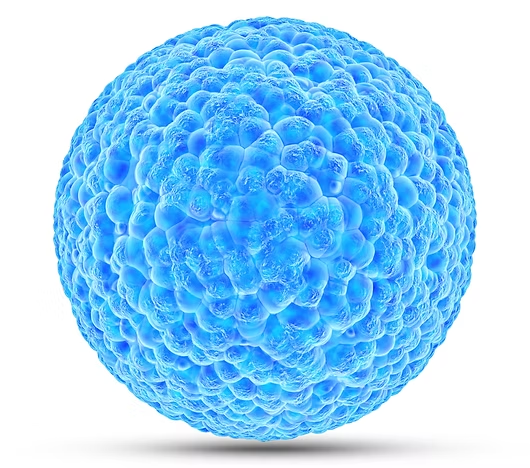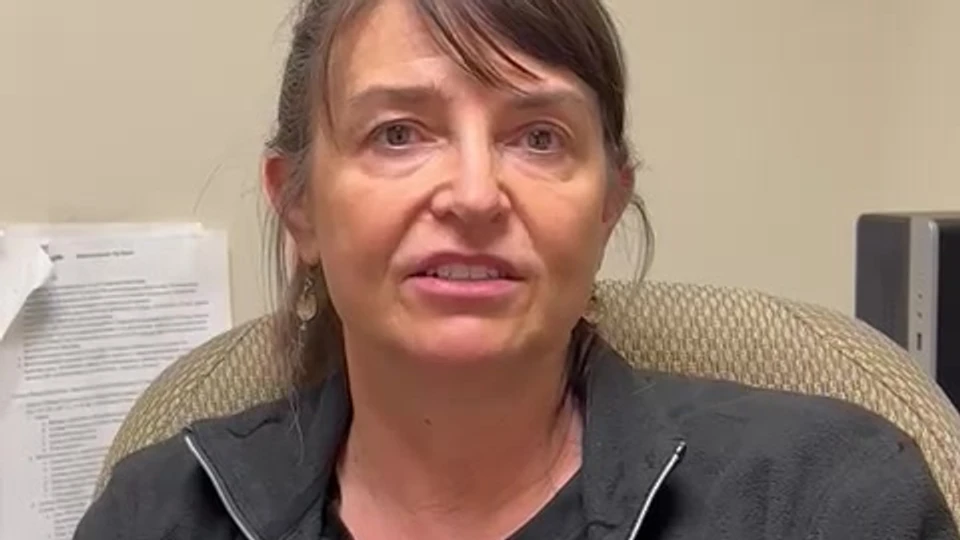- +1(734)353−9036
- [email protected]
- 2665 Longspur Ln. Park City, UT 84098
Cellular therapy is one of the most groundbreaking advances in modern medicine. The FDA has approved several cellular therapy products to be used in cancer medicine with the use of CAR T-cells. The patient’s T-cells are genetically engineered to kill the cancer cells using cellular immunotherapy and ultimately save the lives of patients with certain forms of cancer.

The newest and most promising blood cancer treatment is chimeric antigen receptor CAR T-cell therapy. This therapy uses the body’s immune system to aid in fighting cancer. Certain immune cells are designed to detect and eliminate abnormal cells, such as cancer, before they can cause disease—but sometimes, they fail to do so. CAR T-cells therapy solves this problem by using the patient’s own immune cells which are collected, genetically modified to better recognize cancer, and then reintroduced into the body to target and destroy cancer cells.
In 2017, the FDA approved certain types of CAR T-cell therapies which ultimately provided treatment to leukemia, multiple myeloma, and some lymphoma cancers. This treatment has proven to save the lives of patients with no other treatment options.

CAR T-cell therapy may be beneficial if the patient meets any of the following criteria:

CAR T-cell therapy may cause some side effects or complications.
A serious complication of CAR T-cell therapy is cytokine release syndrome (CRS). CAR T-cells may release chemicals called cytokines, which causes a reaction from the immune system. Care teams have specialized treatments to manage this complication. Signs and symptoms may include:
CAR T-cell therapy may also cause negative effects on the nervous system. Care teams can manage these complications with specialized treatments. These signs and symptoms may include:




Copyright 2025 © Cellserve LLC All Right Reserved – Made with 